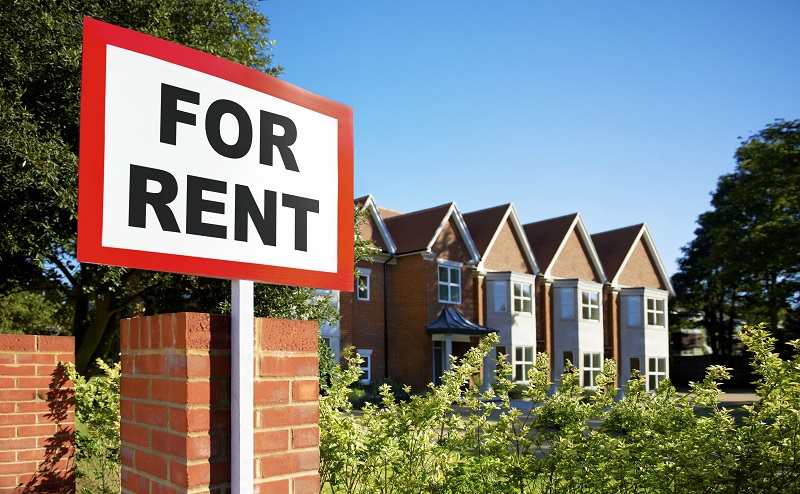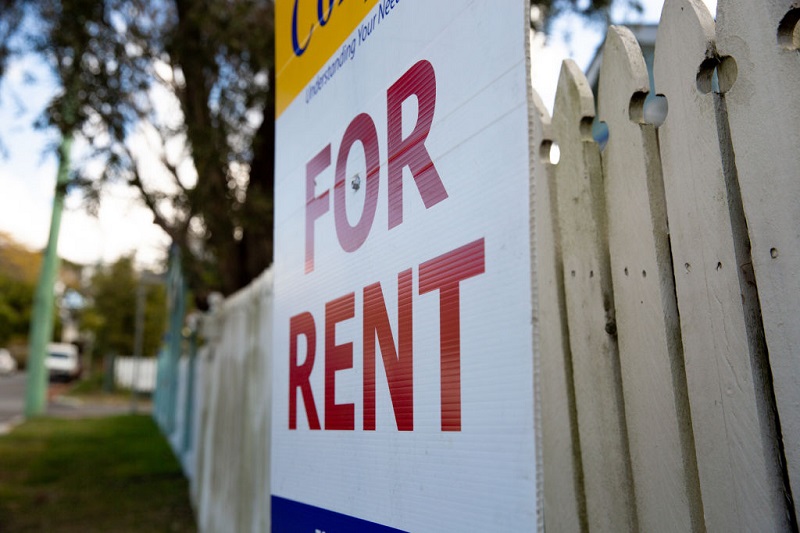
What Rental Properties Are Most Profitable?
In today’s real estate market, investing in rental properties has become an increasingly popular way to generate passive income. However, not all rental properties are created equal when it comes to profitability. To maximize your return on investment, it is essential to identify the types of rental properties that are the most profitable. In this article, we will explore the factors that contribute to the profitability of rental properties and discuss the top rental property types that yield the highest returns.
Factors That Contribute to Rental Property Profitability
Several factors play a crucial role in determining the profitability of a rental property. It is important to consider these factors when making investment decisions. Let’s dive into each of these factors:
Location
The location of a rental property is perhaps the most significant factor that determines its profitability. Properties located in high-demand areas with strong rental markets tend to generate higher rental income. Consider properties in neighborhoods with low crime rates, good schools, proximity to amenities, and easy access to transportation. These factors attract potential tenants, allowing you to charge higher rents and experience lower vacancy rates. Additionally, having outdoor space for rent can be a unique selling point for tenants, especially in urban areas where outdoor space is limited.
Rental Demand
Understanding the rental demand in a specific area is essential for maximizing profitability. Research the local rental market to determine the level of demand for rental properties. An area with a high demand for rentals will ensure minimal vacancy periods, enabling a consistent cash flow. Additionally, areas experiencing population growth or an increase in job opportunities are likely to have a strong rental market.
Cash Flow
Positive cash flow is a key indicator of a profitable rental property. It is vital to calculate potential cash flow accurately by considering all expenses, such as mortgage payments, property taxes, insurance, maintenance costs, and property management fees. Ensure that the rental income covers all expenses and leaves room for a positive cash flow. This will provide a solid return on your investment and the financial stability needed to weather any unexpected expenses.
Property Type
The type of rental property you choose can significantly impact its profitability. Here are some of the most popular and profitable property types:
- Single-Family Homes: These are standalone properties that are highly sought after by families and professionals. They tend to have a higher rental value and attract long-term tenants.
- Multi-Family Units: Duplexes, triplexes, and apartment buildings offer multiple rental units under one roof. The rental income from these properties can be more significant compared to single-family homes.
- Vacation Rentals: If you live in a popular tourist destination, investing in vacation rentals can be highly profitable. These properties can generate substantial income during peak seasons and holidays.
- Student Housing: Properties located near colleges and universities often have high rental demand. Student housing can provide consistent occupancy rates and stable cash flow.
Conclusion
When it comes to rental property investments, profitability should be the top priority. By considering factors such as location, rental demand, cash flow, and property type, you can make informed decisions and increase your chances of success. Remember to thoroughly research the local market, analyze potential cash flow, and choose a property type that aligns with your investment goals.
FAQs (Frequently Asked Questions)
Q1: How do I determine the rental demand in a specific area?
To assess rental demand, you can consult local real estate agencies, property management companies, and online resources that provide data on vacancy rates, rental prices, and population trends.
Q2: Are there any tax benefits associated with rental property investments?
Yes, rental property investments often offer tax advantages such as deducting mortgage interest, property taxes, and depreciation. Consult with a tax professional for personalized advice.
Q3: What are the potential risks of investing in vacation rentals?
Vacation rentals can be profitable, but they come with risks such as seasonal fluctuations in demand, property management challenges, and legal regulations. Thorough market research and a solid business plan are essential for success.
Q4: Should I manage the rental property myself or hire a property management company?
The decision to self-manage or hire a property management company depends on your availability, expertise, and willingness to handle tenant-related issues, maintenance, and other property management responsibilities.
Q5: Are there any financing options available for rental property investments?
Yes, there are various financing options such as conventional loans, Federal Housing Administration (FHA) loans, and private lenders. Research different options and consult with a mortgage professional to determine the best fit for your investment goals.




Average Rating